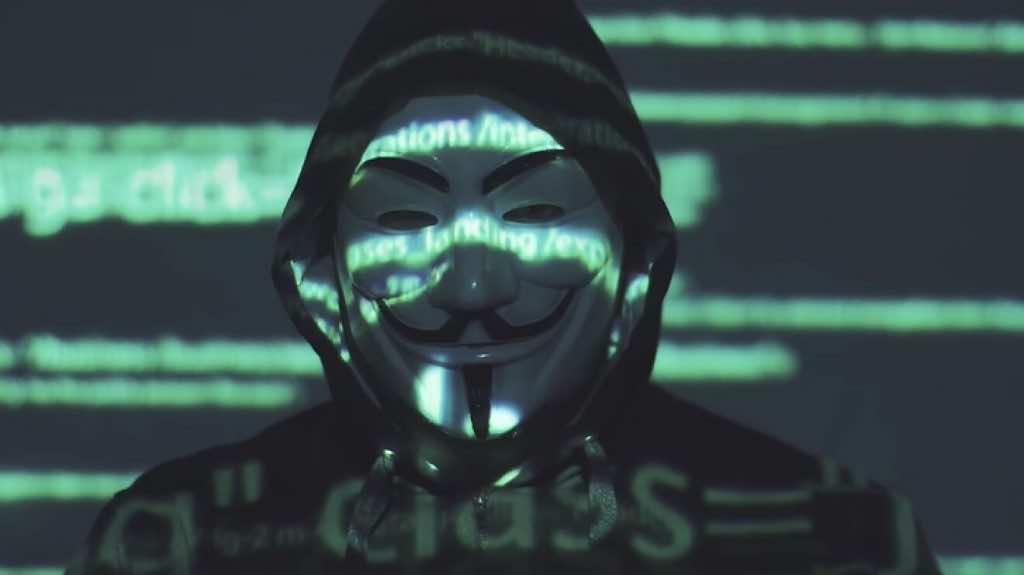From the onset, Russia’s invasion of Ukraine has been a hybrid war, a blend of classic military strategy — traditional “boots on the ground” — and a slightly more unusual cyberwar.
The activist hacking group “Anonymous” launched a “cyberwar” against Russia three weeks ago. It has admitted to disabling major Russian government, media, and corporate websites and leaking data from authorities like Roskomnadzor, Russia’s federal agency in charge of media censorship.
Is this at all true, or is it just a bunch of social media rumors? “Anonymous has proven to be a very capable group that has penetrated some high-value targets, records, and databases in the Russian Federation,” he wrote in a report summarizing the findings, according to Jeremiah Fowler, co-founder of the cybersecurity firm Security Discovery, who validated the group’s allegations.
92 of the 100 Russian databases examined associated with retail stores, Russian internet providers, and multinational institutions had been hacked, Fowler stated. Hundreds of files were renamed “Putin stop this war,” and many more were erased. According to Fowler, other email addresses and administrative credentials were also leaked.
“We know for a fact that hackers found and probably accessed these systems,” said Fowler. “We do not know if data was downloaded or what the hackers plan to do with this information.”
The Twitter handle @YourAnonNews also admits to having hacked Russian state television stations.
“I would mark that as true if I were a fact-checker,” said Fowler.
“My partner at Security Discovery, Bob Diachenko, actually captured a state news live feed from a website and filmed the screen, so we were able to validate that they had hacked at least one live feed [with] a pro-Ukrainian message in Russian.”
Furthermore, the group also takes credit for hacking important Russian enterprises and media outlets’ websites, including the energy corporation Gazprom and the state-backed news agency RT.
Fowler argues that he discovered no instances where Anonymous exaggerated their statements. But, according to Lotem Finkelstein, head of threat intelligence and research at cybersecurity firm Check Point Software Technologies, other hacking organizations are doing the same.
A pro-Ukraine organization claimed to have hacked a Russian nuclear reactor over the last week, while a pro-Russian gang claimed to have taken down Anonymous’ website. Both statements were found to be untrue later.
Finkelstein argues that groups create defamatory statements and baseless allegations to get fame by publishing misleading information. But, according to Fowler, Anonymous seems to be more focused on the “cause” than it is with fame.
Activist Hacker groups that participate in offensive cyberwar tactics activities without official approval are breaking the law. Yet, many social media platforms are rallying behind Anonymous’ cause, with various words of encouragement flooding in.
“They’re almost like a cyber Robin Hood when it comes to causes that people really care about, that no one else can really do anything about,” said Fowler.
“You want action now, you want justice now, and I think groups like Anonymous and hacktivists give people that immediate satisfaction.”
According to Marianne Bailey, many cyberespionage groups have firm beliefs, a cybersecurity partner at Guidehouse and a former cybersecurity employee with the US National Security Agency. Cyberactivism, according to her, is a minimal way to influence political behavior.
“It is protesting in the 21st century,” said Bailey. “A cyberattack has the potential for such an immediate impact, in most cases well before any accurate attribution can be determined,” she said.
“A cyber strike back or even kinetic strike back could be directed to the wrong place. And what if that misattribution is intentional? What if someone makes the attack appear from a specific country when that’s not true?”
“With more devices connected to this global digital ecosystem, the opportunity for impact continues to expand,” she said. “It will undoubtedly be used more often in future conflicts.”

